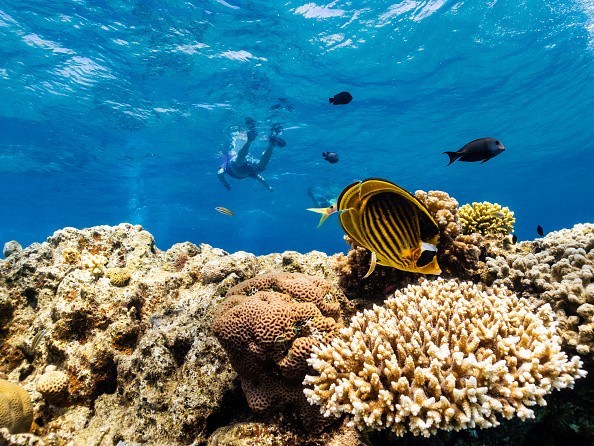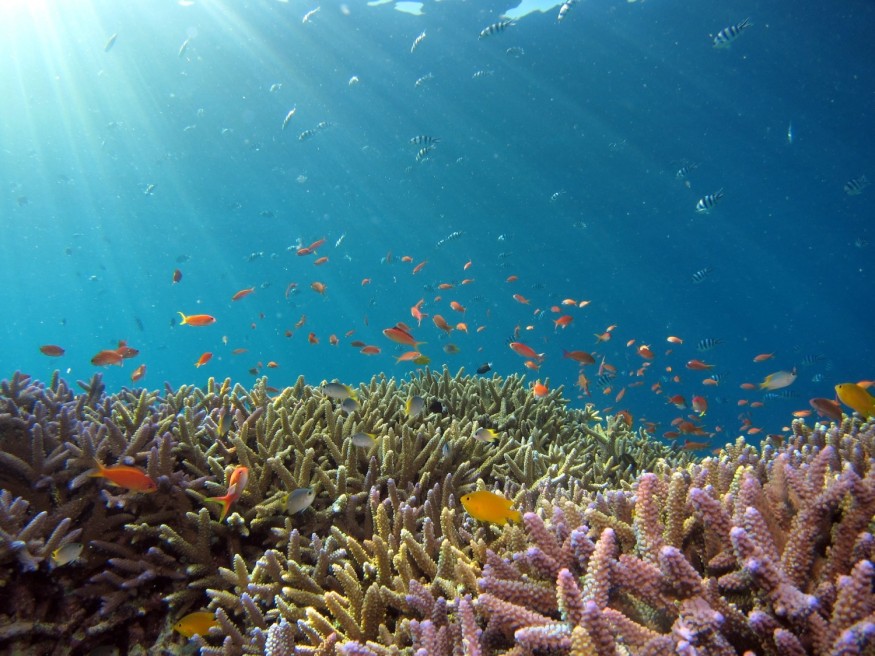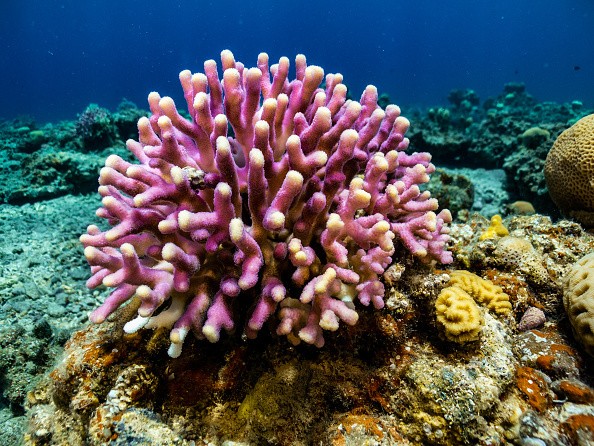Suppose there are significant reductions in carbon dioxide emissions. In that case, coral reefs may be able to adapt to moderate climatic warming and increase their chances of surviving to the end of this century. This discovery is part of an NOAA-funded study that also includes evidence that corals may have already acclimated to some of the warmings that have already taken place.

Recent Findings

According to new modeling research, large-scale bleaching episodes like those in Thailand in 2010 would occur more frequently. The concern is whether corals can adapt quickly enough to keep up with the rate at which people use fossil fuels. Nevertheless, the study also discovered indications that corals may be adjusting to warming.
Coral bleaching, a potentially deadly process in which reef-building corals expel the algae in their tissues, can be exacerbated by warm water. Corals become white when ocean temperatures rise by about 1-2°C (2-4°F) over typical midsummer levels. Corals are frequently killed by extended bleaching and accompanying diseases because those algae provide the coral with most of their sustenance.
The study investigated a variety of potential coral adaptations to warmer temperatures that the scientific community has previously discovered. According to the study, if there are significant reductions in carbon dioxide emissions, the reefs might cut the incidence of temperature-induced bleaching by 20 to 80 percent of levels anticipated by the year 2100 through genetic adaptation.
Also Read : Certain Areas in the Great Barrier Reef Shows Record-Breaking Coral Development in 36 Years
Facing Continuous Bleaching

Reefs can recover following coral bleaching, but when they do, the more hardy coral colonies and species-or other animals-survive better than the bleached corals.
In addition, a wide variety of other marine life, including giant clams, soft corals, sea anemones, sponges, and even acoel flatworms, live on coral reefs and support photosynthetic symbiotic algae. Some species or persons are more or less vulnerable to bleaching within these groupings. One of the long-standing objectives of many coral reef experts is to understand which species or individuals are more vulnerable to bleaching and which are more robust. We can say that susceptibility is a complicated and delicate interplay between a host coral's genetics, those of its symbiotic algae, and local and regional diversity in the marine environment, even if our knowledge is still far from comprehensive.
Since the 1980s, bleaching episodes have grown along with global warming, and we have regrettably learned a lot from the documented death and destruction of coral reefs.
Across hundreds of thousands of years, corals have adapted to their distinct habitats all over the planet. For instance, coral species that have developed in the Great Barrier Reef may not be able to withstand temperatures that are too high for corals in the northern hemisphere.
Slowly Adapting
There are significant changes in habitats and depths even over the length of our Reef. Since northern corals can tolerate greater temperatures on average than southern corals, they are less prone to bleach during summer heat waves.
Each coral organism possesses a unique DNA sequence that is passed down from generation to generation, holding the secret inside. The likelihood is high that a coral organism's physical survival genes will be passed on to its progeny.
The ability of corals to quickly adjust to environmental change throughout their lifespan is a trait shared by many coral species. While some of our priceless corals can bounce back from disruptions, long-term monitoring has shown that they can't keep up with the quickening and accelerating speed of change we're presently witnessing.
Related Article : Ocean Warming Makes the Water 'Louder,' Impacting Marine Life
For more Environmental News, don't forget to follow Nature World News!
© 2026 NatureWorldNews.com All rights reserved. Do not reproduce without permission.





